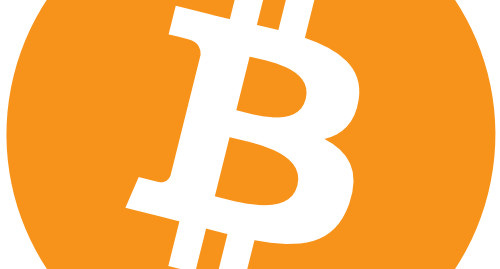Was Bitcoin an NSA Project?
many clues point to this conclusion
Originally Published Linkedin on July 14, 2017. Edited October 3, 2022
This is a question I hear a lot. The creation of Bitcoin is surrounded in mystery, so people imagine a lot of things. Money has always been used as a weapon, so security agencies get involved to help protect this most valuable state asset. Only the people who made Bitcoin know exactly who made Bitcoin for certain, but I'm going to share my assessment with you and you can come to your own conclusions.
The original Bitcoin white paper and initial blog posts were written by Satoshi Nakamoto. Everyone agrees with that. The name is obviously fake, it's a pseudonym for a group of people who created Bitcoin and didn't want their names to be known. People have searched for Satoshi and he's a ghost.
Some of you may have heard of the 1996 NSA paper "HOW TO MAKE A MINT: THE CRYPTOGRAPHY OF ANONYMOUS ELECTRONIC CASH" which outlines the potential requirements of digital currencies. A Zerohedge post has more detail on this paper, as well as their reasoning why they believe the NSA built Bitcoin.
I'm going to explore another approach that hasn't been discussed much, the legal and regulatory angle. The question that has been in the back of my mind for several years is "why hasn't Bitcoin been shut down yet?" I've spoken with many bankers and they all told me "we think bitcoin doesn't follow the KYC and AML regulations all banks have to follow". Legally, anyone who handles money as a business is required to keep record of suspicious transactions, report all cash transactions over $10,000 and if you are an issuer of digital currencies, you need to register at a minimum with FinCEN and possibly obtain licenses with states as well. (This, by the way, is the reason banks won’t touch Bitcoin, they have no idea what kinds of shady business it has been involved in. ) Yet Bitcoin didn't do any of this -- with Bitcoin, you can send millions of dollars in a click with no ID. There is no company, no legal contract with terms of service to use it, there is nothing, just some software that's maintained by a community. It wasn't deemed to be money, a commodity or security (yet). The IRS settled on property, they needed a way to tax it.
When Bitcoin began, the coins had zero value and they have always been self-issued by the software. The network is anonymous and distributed and the people who originally created it were nameless cryptography hackers. No one dared to put their real name on the project because if it became valuable one day, they knew what was at stake. They knew what the US Treasury did to the founder of e-gold, an early digital currency who tried to operate legally.
When regulators looked at the laws and regulations they have to work with, Bitcoin was like water. There was nothing to grab onto, nobody to take to court, no centralized service to shutter and because of the cryptographic security, no way to directly confiscate the coins. Getting a new law passed by congress takes a long time and that won't happen until the dust settles. In the meantime, crypto grows by leaps and bounds.
The key to Bitcoin is the way the coins self-issue, to someone who can remain anonymous, based on a random guess of a hash (known as mining). This solved the double spending problem with digital currencies, but more importantly, it's LEGALLY COMPLIANT!!! The miner who solves the puzzle in a race against other miners is rewarded by the software automatically. No person or entity makes this decision, it's automatically decided by the software. Download the software, do some work and get coins. It’s a lottery. Run the software more and get more “tickets” and a greater chance to win.
That is no accident and very subtle. There are easier and much cheaper ways to secure a digital currency via consensus and other means, and you can give coins away using a variety of ways. However, being completely decentralized with anonymous mining and automatic random software issuance means there is no issuer and nothing to regulate. If there was a central issuer sending out coins once they have some value they will certainly fall under a variety of laws and the issuer would need to have money transmission licenses or a bank license. The two available loopholes to coin developers who don't want to spend tens of millions on compliance are to either give all the coins away while the value is zero or have the coins self-issue via mining, lottery or other means.
There is one final aspect. Nothing in modern society can get over a certain size, say $1 billion in total value or revenue per year, without someone's approval. I'm not talking about legal approval, and I'm not going to say any more about this subject. Bitcoin was clearly used by this group as an experiment and they are now prepared to roll out the real Central Bank Digital Currency (CBDC).
Because of the cryptographic and legal sophistication, the people who have the capability to pull this off -- nearly all cryptographers are heavily recruited for agency work, many by multiple countries -- plus the tacit "approval" to get things up to almost $400+B in market cap (as of Oct 3, 2022) -- that tells me it's people associated with a security agency who originally built Bitcoin. I'm not saying 100% NSA because there were a lot of talented hands in the creation of Bitcoin. Most importantly, that means there are still a lot of good people at security agencies!


